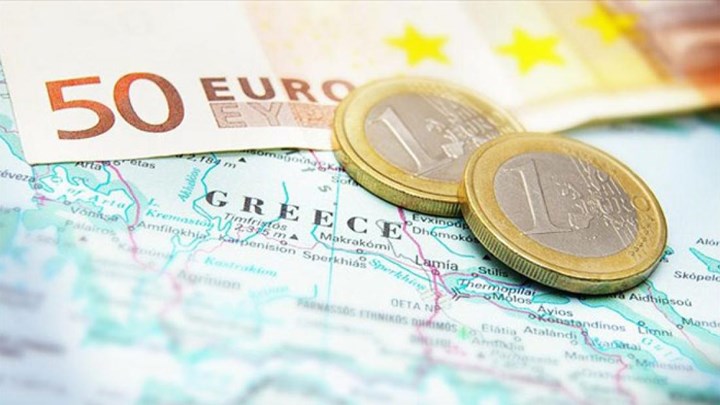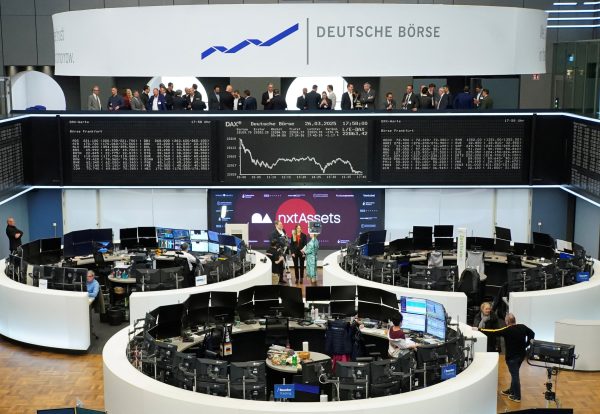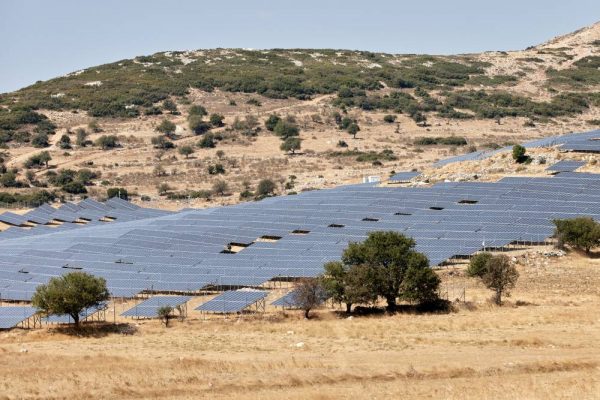
The road to the new exit of Greece to the markets in the immediate future is paved by the upgrade move of the rating agency Standard & Poor’s (“BB” from “BB-” with positive prospects) bringing closer the issue date, which the Public Debt Management Agency was already preparing in the framework of the annual planning, stimulating the state coffers with cheap liquidity.
The messages about cash shows a manageable situation, the amount of which is around 30 billion euros, but the strict lockdown has increased the cost of support measures from 7.5 billion euros to 14 billion euros, according too the government financial staff.
Given the ideal conditions in the Greek bond market and of course the interest in securities issues, in the second half of the year, in part based on the program of the European Central Bank, analysts see that Athens will take advantage of the environment and possibly proceed to two issues by the fall. It is not ruled out that the annual lending target will exceed 12 billion euros this year, while as for the type of the new issue, all scenarios are open, with the issuance of a short term of 5 or 7 years being discussed, as well as the reissue of a 10-year bond.
The amount may be close to 2.5 billion euros. It is noted that in January the Public Debt Management Agency had proceeded to a 10-year issue, and in March to a 30-year issue. The country has raised 3 billion euros through the exchange of bonds with Greek systemic banks, 3.5 billion euros with the 10-year bond on January 27 and an interest rate of 0.807% and 2.5 billion euros through the 30-year bond on March 17 , with an interest rate of 1.956%.
Ticket for a new upgrade
The American credit rating agency has punched the ticket for a possible new upgrade in the next 12 to 18 months and the Greek economy is now on the way to gaining the investment level from which it is two steps away. The credit rating had plunged into the “junk” category, since 2010. S & B forecasts a recovery of 4.9% in 2021 (-8.2% in 2020) and 5.8% in 2022, the deficit will reach 6.9% of GDP (9.7% in 2020) and debt will fall to around 201% of GDP in 2021 (206% in 2020).
Despite the high public and private debt, the main reasons for the move by Standard & Poor’s are the significant fiscal “cushions”, the government shielding and tax relief measures, the additional boost from the Recovery Fund, with the agency expecting that the government will accelerate structural reforms and fiscal consolidation, thus achieving the declining trend of public debt under conditional GDP.
Latest News

Athens Launches Task Force to Safeguard Historic City Center
The new municipal unit will ensure compliance to zoning laws, curb noise, and address tourist rental issues starting from the Plaka district.

WTTC: Travel & Tourism to Create 4.5M New Jobs in EU by 2035
This year, international visitor spending is set to reach 573 billion euros, up by more than 11% year-on-year

IMF: US Tariffs Shake Global Economy, Outlook Downbeat
IMF slashes global growth forecast to 2.8% as U.S. tariffs create uncertainty and ‘negative supply shock

First Step Towards New Audiovisual Industry Hub in Drama
The project is set to contribute to the further development of Greece’s film industry and establish Drama as an audiovisual hub in the region

Airbnb Greece – Initial CoS Ruling Deems Tax Circular Unlawful
The case reached the Council of State following annulment applications filed by the Panhellenic Federation of Property Owners (POMIDA)

Mitsotakis Unveils €1 Billion Plan for Housing, Pensioners, Public investments
Greek Prime Minister Kyriakos Mitsotakis has announced a new set of economic support measures, worth 1 billion euros, aiming to provide financial relief to citizens.

Alter Ego Ventures Invests in Pioneering Gaming Company ‘Couch Heroes’
Alter Ego Ventures' participation in the share capital of Couch Heroes marks yet another investment by the Alter Ego Media Group in innovative companies with a focus on technology.

Corruption Still Plagues Greece’s Driving Tests
While traffic accidents continue to claim lives on Greek roads daily, irregularities and under-the-table dealings in the training and testing of new drivers remain disturbingly widespread

Pope Francis Died of Stroke and Heart Failure Vatican Confirms
As news of the official cause of death spread, tributes poured in from across the globe. The 1.4 billion-member Catholic Church is united in grief, remembering a pope who championed inclusion, justice, and compassion

Increase in Both Museum Visits, Revenues for 2024
As expected, the Acropolis was the top archeological site in the country, followed by Sounion, Mycenae, the ancient theater of Epidaurus, and Vergina in northern Greece

















![Ξενοδοχεία: Μεγάλο το ενδιαφέρον για επενδύσεις στην Ελλάδα – Η θέση της Αθήνας [γραφήματα]](https://www.ot.gr/wp-content/uploads/2025/03/Athens-hotels-90x90.jpg)























 Αριθμός Πιστοποίησης
Αριθμός Πιστοποίησης